How to Grade a Restaurant for Sale
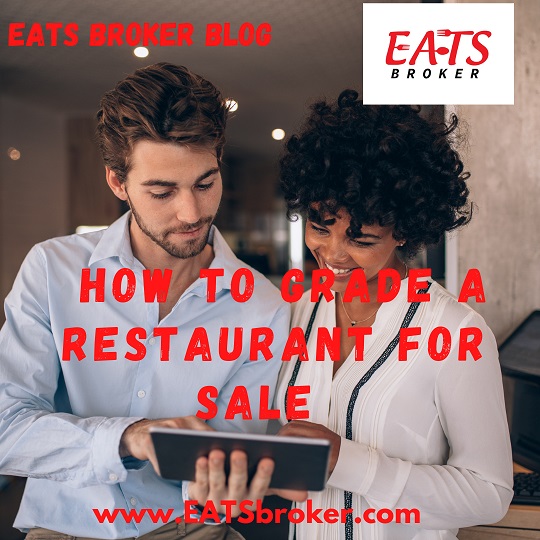
How to grade a restaurant for sale is a good question for a restaurant owner. Since Pre-K, most have been taught to judge performance by our grades. Office Buildings in Commercial Real Estate are placed in one of three categories: class A, class B, or Class C. A building rating is a national benchmark. Each […]
Restaurant Broker Dominique Maddox of EATS Broker sells Jimmy John’s franchise
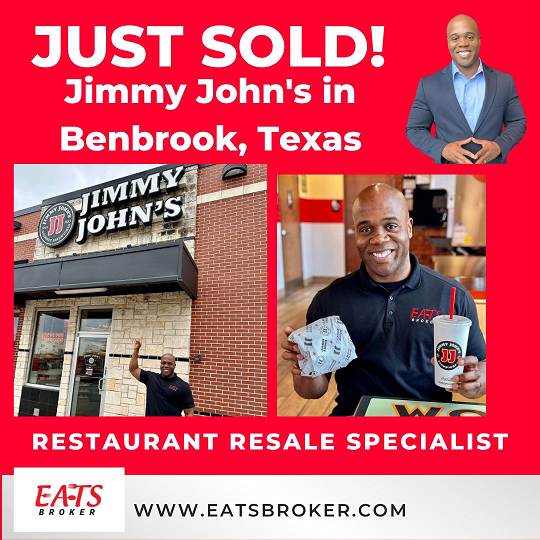
Restaurant Broker Dominique Maddox of EATS Broker sells Jimmy John’s in Benbrook, Texas. EATS Broker represented the seller and buyer for this transaction. The buyer is a multi-unit owner expanding his territory and ownership in Jimmy John’s. The new ownership group takes over a successful location with sales of over $840,000 in 2022. The seller […]
Preparing to Sell a Restaurant-What you Should Know
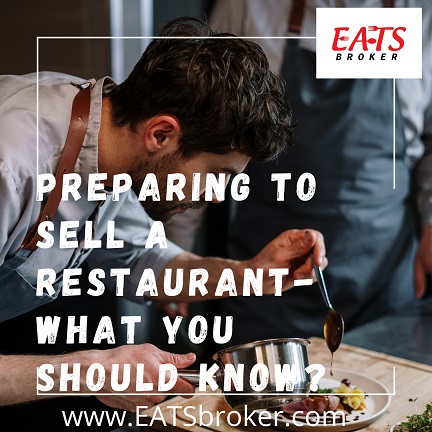
The decision to sell a restaurant is the first step and figuring out how to sell a restaurant is the second step. When preparing to sell a restaurant, what should you know before starting the process? Baby boomers at record numbers are planning to retire and want to sell a restaurant. The preparation to sell […]
3 Biggest Mistakes Restaurant Sellers Make
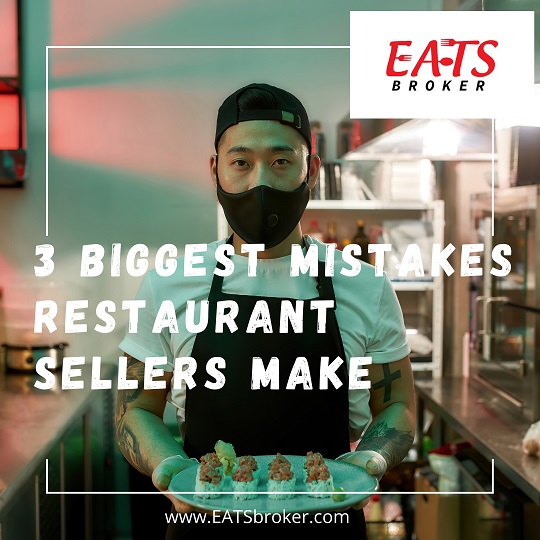
The biggest mistakes restaurant sellers make are simple issues that can be addressed before a restaurant is listed for sale. The mistakes are based on facts, books, and records and lack of understanding of selling a restaurant. Dallas Restaurant Broker Dominique Maddox says, “ the small details in the process to sell a restaurant make […]
Selling a Restaurant: What Documentation is needed?
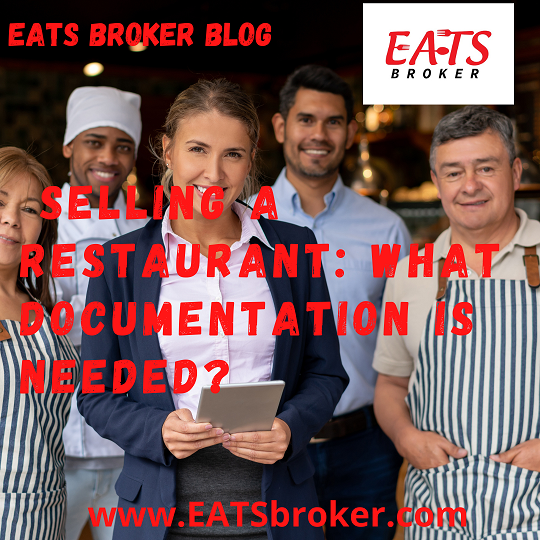
When selling a restaurant, what documentation is needed from the seller? The answer is simple it depends on what type of sales transaction. Trained Restaurant Brokers use two methods when providing a Restaurant Valuation to a seller. The most profitable and best way to sell a restaurant is based on past Profit and Loss Statements […]
Why You Can’t Sell Your Sell Restaurant?
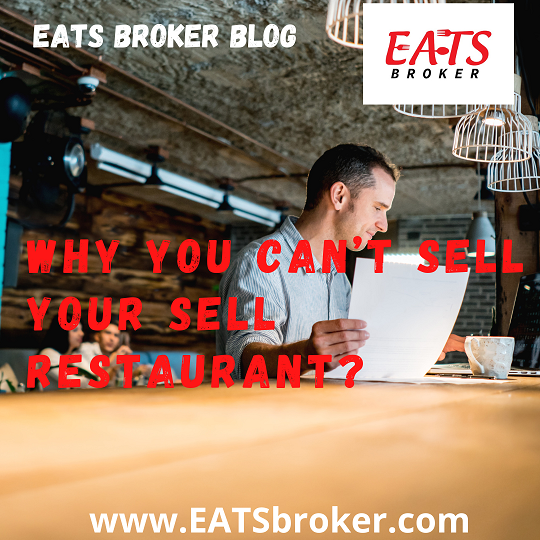
Have you ever wondered why you can’t sell your restaurant? It’s a fact only about 30%-40% of restaurants for sale listed under 1 million dollars will transfer to new buyers via a sales transaction. Buying an existing restaurant for sale can be a quick approach to become a restaurant owner. This approach eliminates some of […]
How do you write a letter of intent for a lease
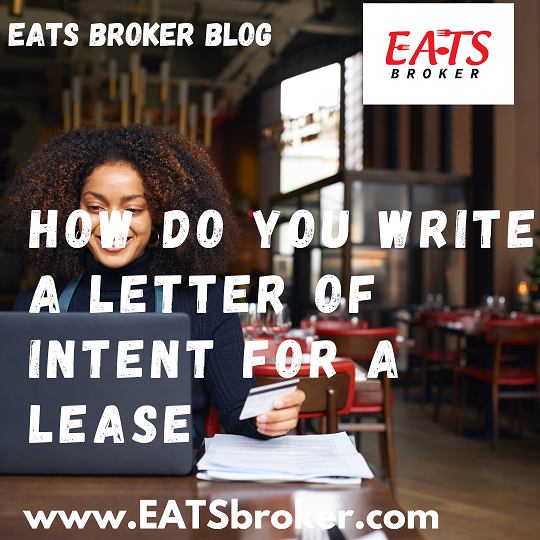
How do you write a letter of intent for a lease is a struggle for inexperienced brokers representing clients or unrepresented potential tenants? Once a potential tenant finds a commercial lease space, the process to negotiate with the landlord begins. A letter of intent (LOI) is a document declaring one party’s preliminary commitment to do […]
Day in a Restaurant Broker’s Life
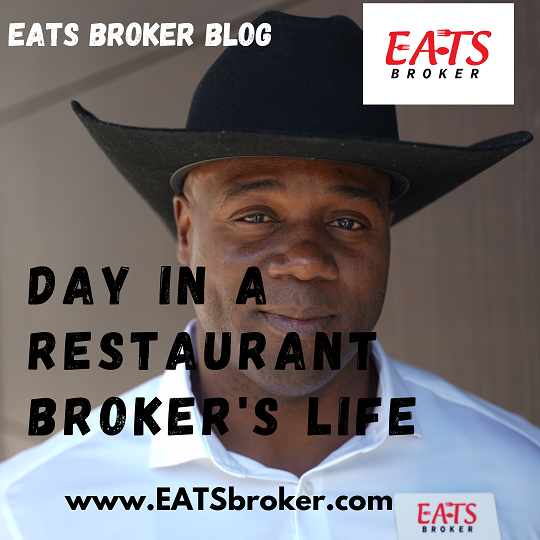
What does a Restaurant Broker actually do daily? Dominique Maddox, Founder and President of EATS Broker share his thoughts about the Day in a Restaurant Broker’s life. I wrote a blog last year about my daily activities by the minute as a Restaurant Broker that received great interest and replies. I have decided to start […]
Selling a Franchise Restaurant vs Non-Franchise
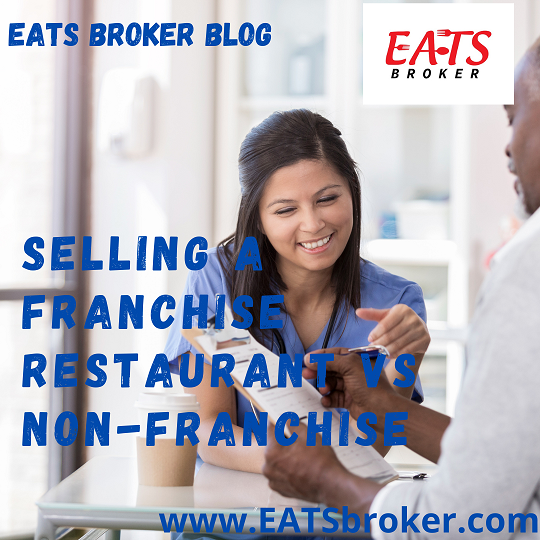
What are the Pros and Cons of Selling a Franchise Restaurant vs. Non-Franchise is a common question EATS Restaurant Brokers receives from sellers? Franchise Restaurants for Sale make up 60%-70% of all restaurant sold listings annually. Why is the number so high compared to independently owned restaurants? The hard facts are only 30%-40% of restaurants […]

